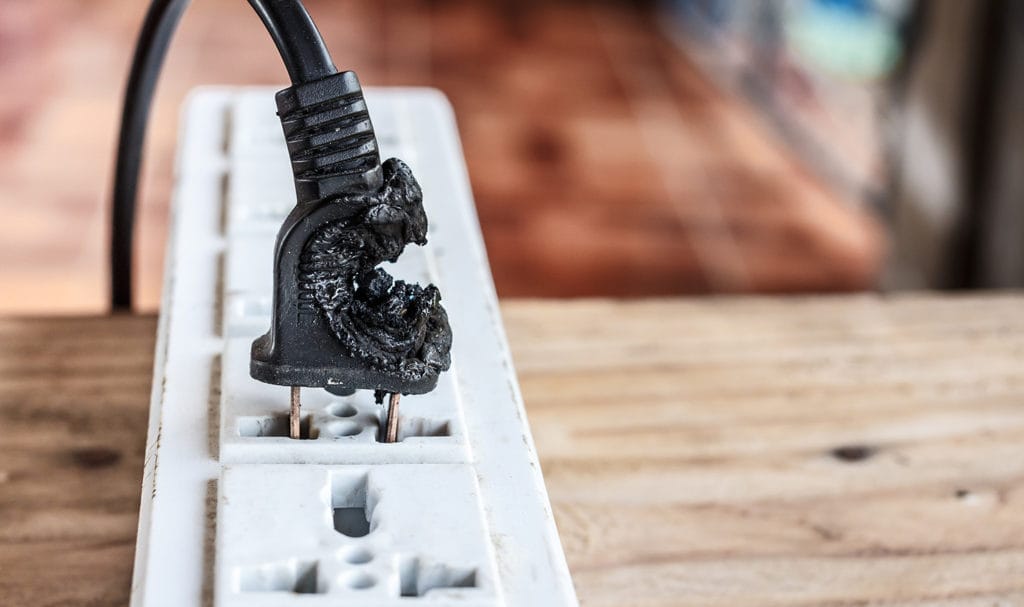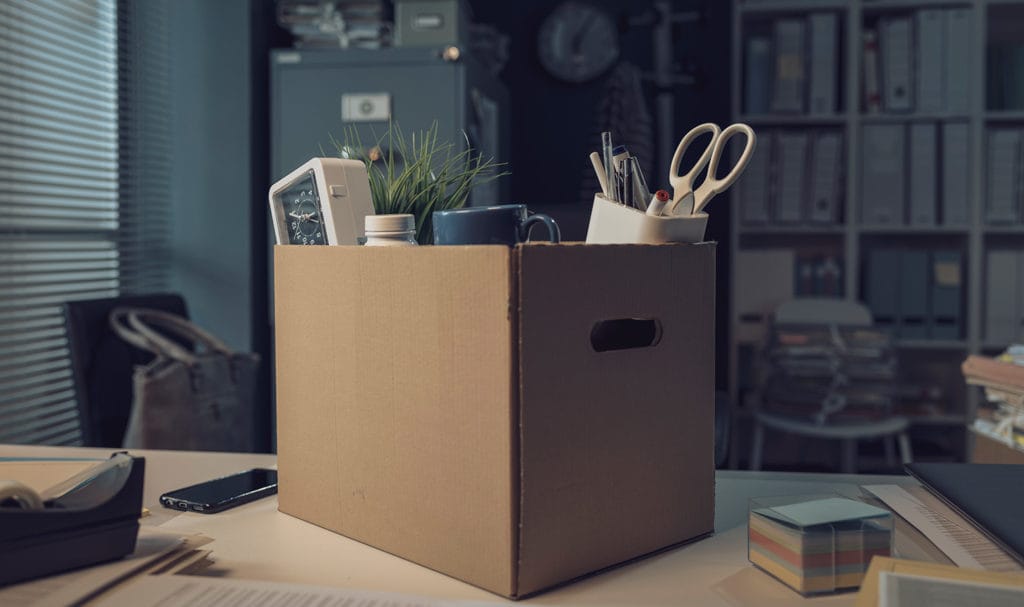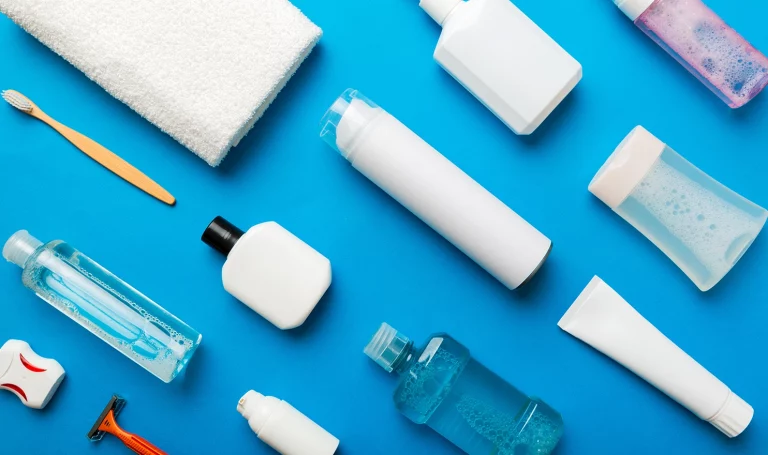The first two articles in our series covered the nuances of the Occurrence and Claims-Made policy forms, their triggers, and claims/incident reporting requirements. Hopefully, there is a greater understanding of the distinctions between the two types of product liability insurance policies and how they function.
The answer to the question, “How long do I need to keep my product liability insurance?” was previously provided in the other two articles but is worth repeating, “as long as you have exposure to someone getting injured by your product.” So, how long is that? How long can someone take to sue me for damages from my products?

There are statutes—the statute of limitation and the statute of repose—that can limit the time someone can file a suit against you. These statutes vary by state and can fluctuate from 3 to 15 years. Understanding the statutes in conjunction with the shelf life of your product can assist you in making an informed decision on your insurance coverage moving forward. Especially when it comes to Discontinued Products.
A Discontinued Products liability insurance policy should be considered if:
- You close your business and/or cease your business operations
- Asset only sell of your business
- Purchase another company and need to cover their previous activities
- Discontinue a product line
- Restructure your company and the insurance policy won’t transfer
Once you have determined the length of time needed to protect yourself from unknown product liability claims in the future, you can determine the length of time you should have a Discontinued Products policy.
In the first two articles, we established that any accidents, claims, or incidents that occur after the cancellation date of the product liability insurance policy—whether it be an Occurrence or a Claims-Made form—will not be covered. This is where the Discontinued Products insurance policy will come into play.

What Does The Discontinued Products Policy Cover?
Discontinued Products liability insurance will essentially cover the same type of claims that your product liability insurance covered before it was canceled. The difference is that the Discontinued Products policy will cover bodily injury and property damage claims arising from your products when your business is no longer in operation.
Is The Discontinued Products Policy Claims-Made Or Occurrence Form?
If your product liability policy was written on a Claims-Made policy form the Discontinued Products policy will also be on a claims-made form. When purchasing a claims-made Discontinued Products policy, it is important to have the retroactive dates match those of the canceled product liability insurance policy. If you don’t have matching retroactive dates, you will create a gap in coverages and have potential uncovered product liability claims.
If the prior product liability insurance was on an Occurrence policy form, the Discontinued Products policy will also be written on an Occurrence form.

When Should I Purchase The Discontinued Products Policy?
We recommend that you purchase the Discontinued Products policy on the same date as the expired/canceled product liability insurance. If your product liability insurance cancels on October 1, 2022, you should have the effective date of the Discontinued Products policy on October 1, 2022. This will reduce possible gaps in coverage.
If you do not purchase the Discontinued Products policy with the effective date the same as the product liability insurance cancellation date, all is not lost. There are insurance carriers that will provide the Discontinued Products Insurance at a later time, but there may be a gap in coverage. Verify with your agent if there would be a gap in coverage and if there are any other options available to you.
The key is to have an open dialogue with your agent as you pivot your business. An experienced agent can help you navigate the transition from one policy to the other. Providing your agent enough lead time will allow them to bring the most competitive option for you to review.

How Much Is A Discontinue Products Policy?
There are a number of variables that are considered but will typically be close to the premium that was being paid on the prior product liability insurance. The reason is that the exposure to the insurance company does not change initially, they will be covering your products that are currently on the market.
It is possible that, over time, the Discontinued Product policy premium will decrease as the exposure to the insurance company decreases. This will depend on the type of products and the shelf life of the product.
What Do I Do When I Discontinue A Product Line?
There are numerous reasons we have seen for a product line discontinued; lack of stock, low sales, tooling issues, updated products available, and insurance carriers won’t insure it. Depending on the type of product liability insurance you have, you may not need to make any changes.
But, if your policy schedules the products being insured, you will need to entertain a Discontinued Products policy for the products you are discontinuing. If you don’t, and a claim occurs from your discontinued product, you may have coverage issues that will cost you thousands of dollars. It can be crippling to a business.

In Conclusion…
What appears to be a simple question—How long do I need to keep my product liability insurance—can lead you down a lot of rabbit holes.
This is why it is important to have an open dialogue with an insurance professional to discuss the options available to you. Someone who understands product liability insurance and discontinued products insurance can be an advocate for you. It’s helpful to have someone assist you through the transition from a traditional product liability policy to a discontinued product liability policy. Insurance Canopy is one of these trusted sources you can turn to.
Our team of licensed insurance representatives at Insurance Canopy are here to help you with any questions you may have about your product liability insurance. Feel free to reach out to us at 844.520.6993.
Disclaimer: All policies have specific coverage, limitations, exclusions, and conditions. Please refer to your policy for exact coverages. Also, time limitations of filing product liability suits may be subject to specific state statutes of limitations and statutes of repose.





